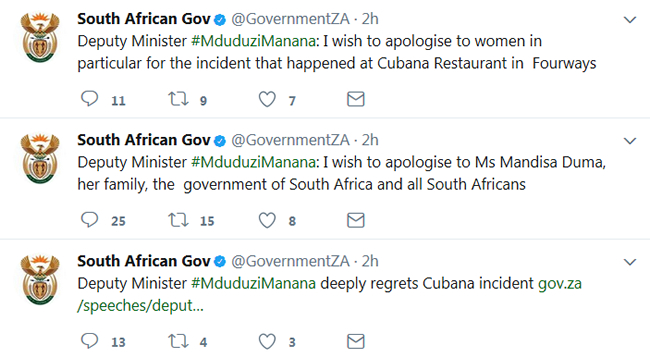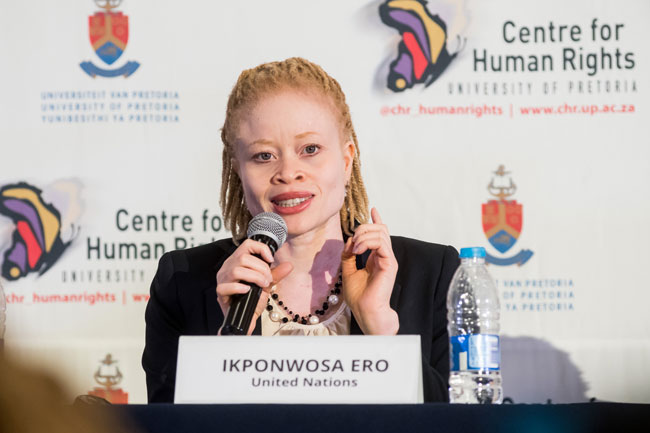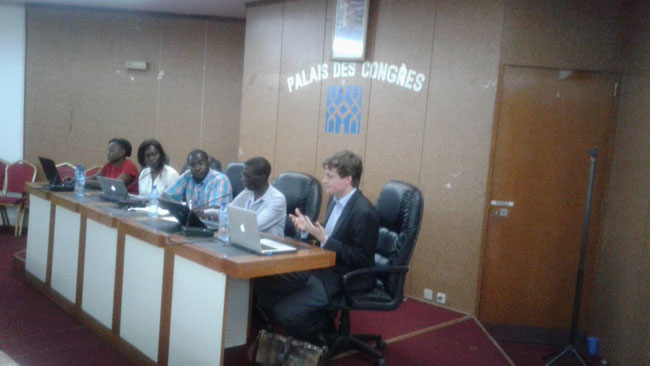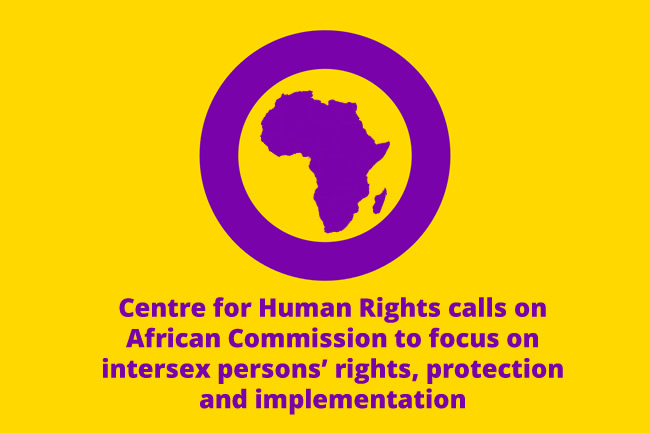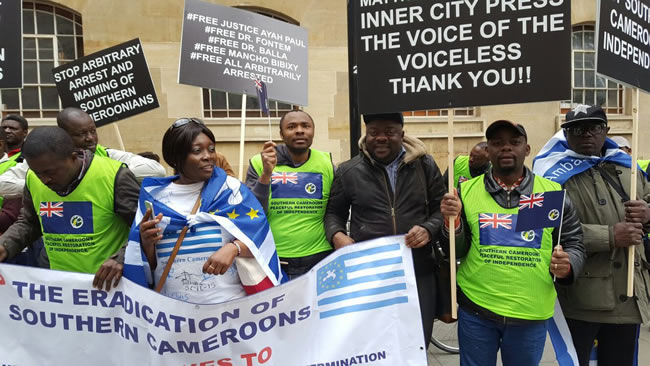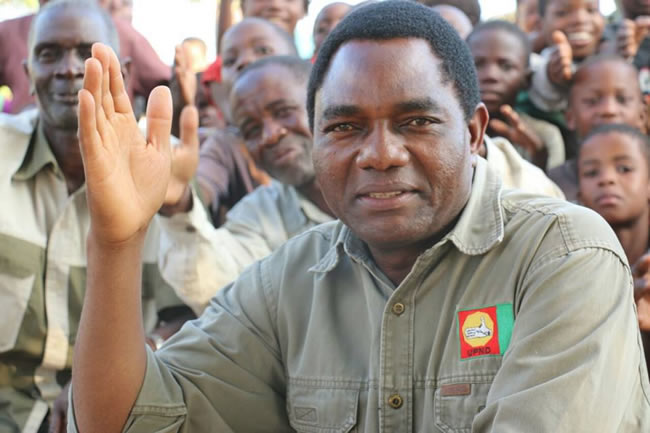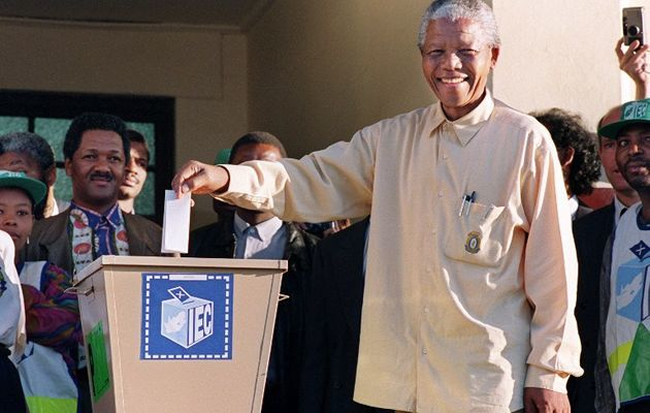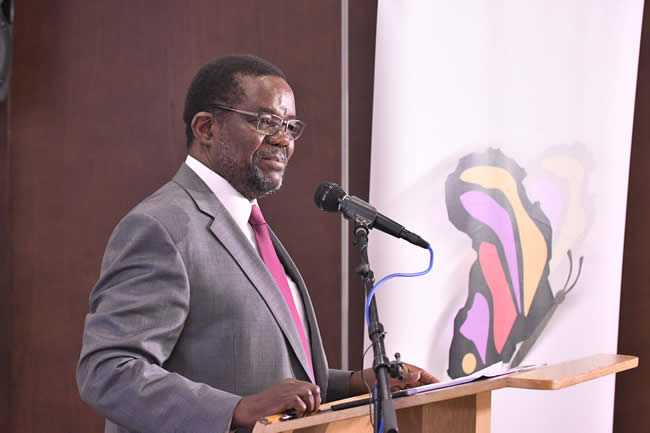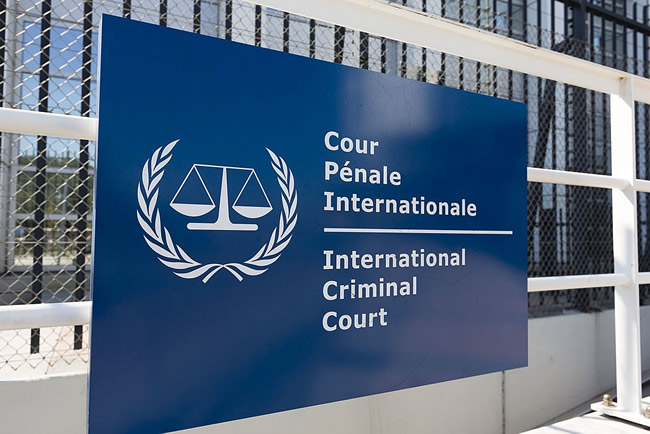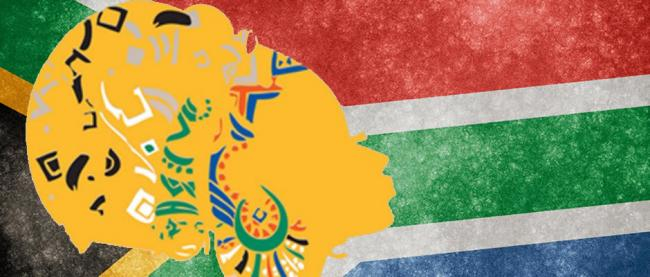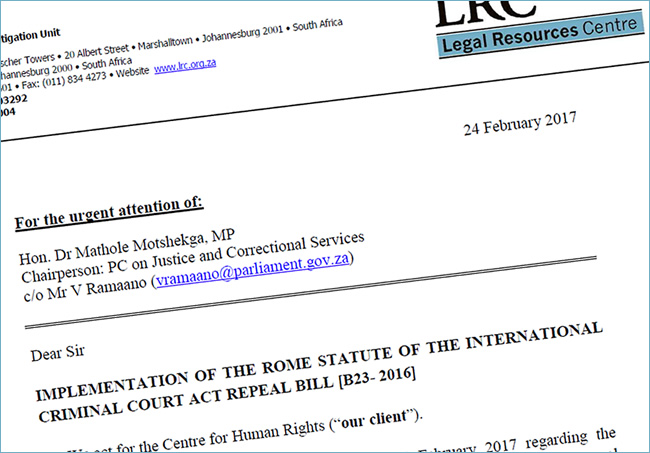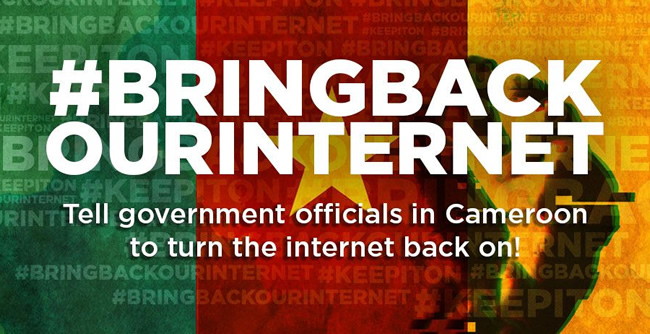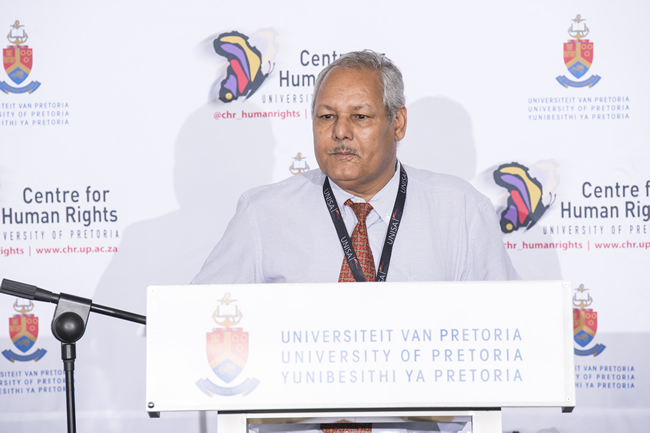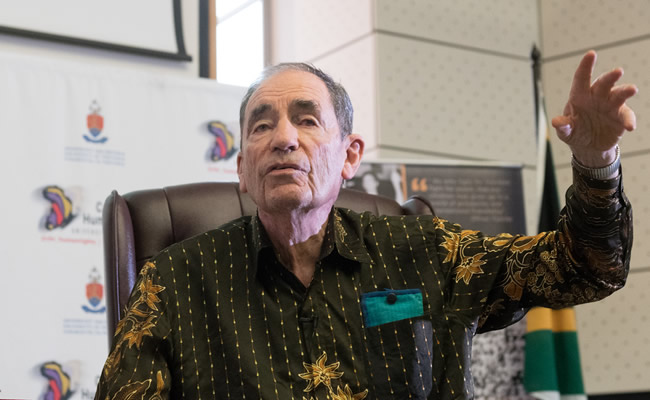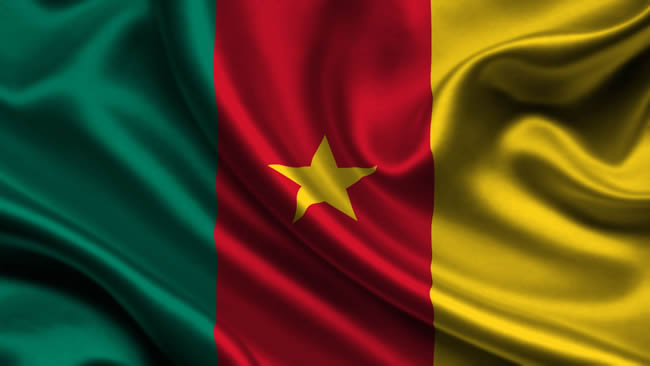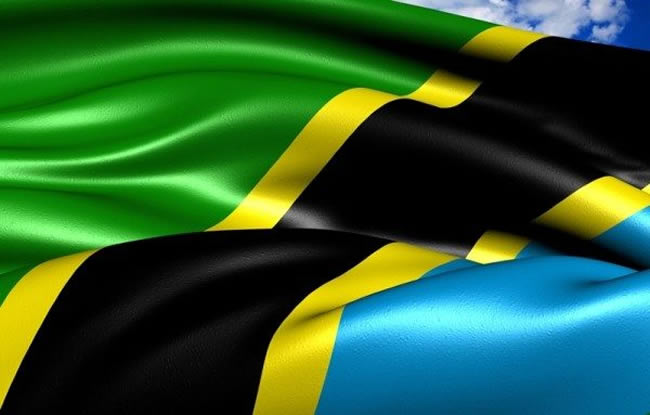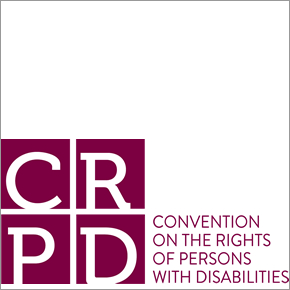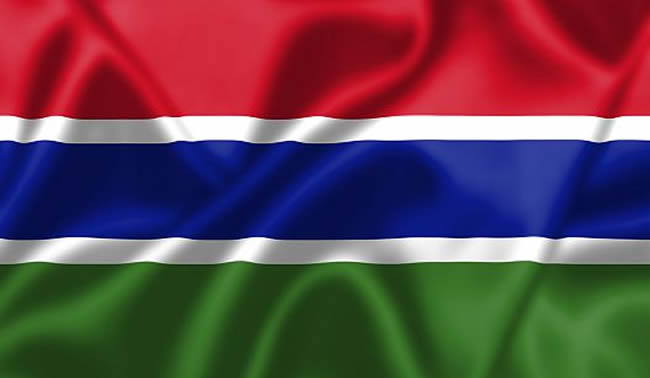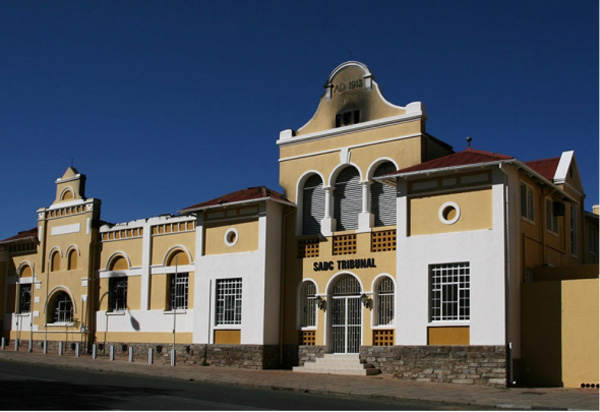- Details
The Centre for Human Rights, Faculty of Law, University of Pretoria, takes note of media reports and images circulating on social media, suggesting that the Deputy Minister of Higher Education, Mduduzi Manana, has been involved in a case of assaulting a woman in a public place (restaurant) over the weekend.
- Details
“Persons with albinism face significant barriers restricting their participation in society on an equal basis with others and preventing them from realising basic rights such as the right to physical and mental health, including access to adequate health care, and the right to education, social services, legal protection, and redress for rights abuses.”
- Details
Madame Chair, Honourable Commissioners, the Centre for Human Rights welcomes the ongoing work of the Working Group on the Death Penalty and Extrajudicial, Summary or Arbitrary Killings in Africa to continue placing questions concerning the right to life, the supreme human right, high on the agenda of the African Commission.
- Details
STATEMENT BY NGO WITH OBSERVER STATUS: CENTRE FOR HUMAN RIGHTS, FACULTY OF LAW, UNIVERSITY OF PRETORIA
60th session of the African Commission on Human and Peoples’ Rights 11 May 2017, Niamey, Nigee![]() Download this Press Statement
Download this Press Statement
- Details
Over the past six months, the English-speaking part of Cameroon has experienced serious repression and continuous human rights violations. The crisis erupted in October 2016, following a series of sit-in strikes and non-violent actions initiated by common law lawyers and teachers’ trade unions in protest against the government’s policy of assimilation through the imposition of the civil law judges to preside over cases in common law courts and French-speaking teachers to teach in English schools. This policy seems designed to systematically wipe out the legal and education systems of the peoples of Southern Cameroons.
The government’s lethal response to the strikes and protest actions led to the death of at least 8 protesters on 8 December 2016, and subsequent extra-judicial killings, disappearances, rape, maiming, torture and other forms of degrading and inhumane treatment. Civil society organisations coordinating the strikes and protest actions were banned on 17 January 2017. Leaders, including Justice Ayah Paul Abine (Supreme Court Judge), Dr Felix Agbor Balla (prominent international human rights lawyer), Dr Neba Fontem (a university lecturer), Mr Mancho Bibixy (a civil rights activists), and hundreds of other activists and protesters were arrested and transferred to the nation’s capital, Yaoundé (a civil law jurisdiction). They are currently being tried in a military court on charges of terrorism, which carries a death penalty if found guilty. These actions violate the right to fair trial. This is happening in spite of the African Commissions’ ruling in the Kelvin Gunme v Cameroon (para 215(1)(ii)) forbidding the transfer of accused persons from the English-speaking part to be tried in the French-speaking part of the country.
- Details
The Centre for Human Rights, Faculty of Law, University of Pretoria, expresses deep concern about the treason charge Zambia’s opposition party leader Hakainde Hichilema is facing.
The Centre is deeply concerned about the serious recent ethnic tensions in Zambia, which appear to be politically motivated and to be part of an orchestrated campaign by sections of senior level politicians seeking to earn political dividends at the expense of peace in the country.
Hichilema faces two charges, one for obstructing President Edgar Lungu’s motorcade, and another for treason, which is a non-bailable offence. Treason is an extremely serious offence, for which the maximum penalty is the death penalty.
- Details
The Centre for Human Rights joins the rest of South Africa to celebrate Freedom Day 2017. On 27 April 1994, there was a major shift in South Africa’s trajectory with the first non-racial post-apartheid election being held in the country. Twenty three years ago, by this symbolic exercise, apartheid and oppression were formally rejected and South Africa resolved to ensure democracy and equality. This Freedom Day milestone was preceded by the struggle, bloodshed, purposefulness, hard work and the resilience of the people of South Africa. However, it is pertinent to note that the celebration of Freedom Day is South Africa’s victory just as much as it is the victory of Africa and the world. In Nelson Mandela’s speech at the 1995 Freedom Day celebration, he stated that Freedom Day marks a ‘transition from a history of oppression to a future of freedom.’ While revelling in our glorious past on a day like today, South Africa’s present and tomorrow are equally to be reflected upon and attended to.
- Details
Delegates to a symposium on land, heritage and human rights gathered in Pretoria for an urgent dialogue.
They heard that a human rights approach to land redistribution, grounded in the effective implementation of Section 25 of the 1996 Constitution of South Africa, can still guarantee a life of dignity, equality and freedom for all South Africans. This was the view expressed by Prof. Bongani Majola, Chair of the South African Human Rights Commission. Prof Mathole Motshekga, Chair of the Parliamentary Portfolio Committee for Justice and Correctional Services, agreed with this sentiment, adding that Parliament has not done enough to effectively make use of the possibilities allowed for under Section 25 of the Constitution, to adopt enabling legislation.
- Details
The Centre for Human Rights, Faculty of Law, University of Pretoria, takes note, with satisfaction, of the South African government’s revocation of its ‘Instrument of Withdrawal’ in line with the decision of the North Gauteng High Court of 22 February 2017. In its decision, the High Court found that the deposit of South Africa’s ‘Instrument of Withdrawal’ was unconstitutional because Parliament’s approval for withdrawal from the Statute of the International Criminal Court (ICC Statute) was not sought or obtained. The Court ordered the government to revoke its withdrawal notice, which it has now done.![]() Download this press statement
Download this press statement
- Details
In commemorating International Women’s Day with the UN theme focusing on “Women in the Changing World of Work: Planet 50-50 by 2030,” the Centre for Human Rights, Faculty of Law, the University of Pretoria, welcomes the nomination of Justice Mandisa Muriel Lindelwa Maya as the President of the Supreme Court of Appeal. She has extensive experience having served in the Constitutional Court, Supreme Court of Appeal, the Labour and the High Court. If Justice Maya’s nomination gets confirmed, she would become South Africa’s first woman President of the Supreme Court of Appeal. This would be ground breaking and a major step in ensuring that women are represented equally in the judiciary and in achieving gender equality.![]() Download this press statement
Download this press statement
- Details
(On 22 February 2017 the Centre for Human Rights welcomed the judgment of the Full Bench of Gauteng Division, Pretoria, in the matter of Democratic Alliance v Minister of International Relations and Cooperation and Others (case no. 83145/16). The CHR, represented by the Legal Resources Centre, was joined as a party to the proceedings by the applicant for its interest in the matter. Read the joint statement with the LRC here.)
- Details
The Centre for Human Rights, University of Pretoria is gravely concerned about the on-going human rights violations, particularly of the right to freedom of expression in the North West and South West regions of the Republic of Cameroon (English-speaking Cameroon).
Since 17 January 2017, internet connections have been completely shut down in English-speaking Cameroon, reportedly on the orders of the Ministry of Communications. This action is an apparent attempt to suppress the use of social media to mobilise the mass protests that have taken place in English-speaking Cameroon since November 2016. The Centre for Human Rights had on 17 February, expressed concern about the deteriorating human rights situation in English-speaking Cameroon, sighting ‘reports of arbitrary arrests, abductions, extra-judicial killings, involuntary disappearances, rape, torture and inhumane treatment of detainees, trial of civilians by military tribunals, shut down of internet services and the shutdown of schools’.
- Details
With Morocco’s re-entry into the African Union (AU) earlier in 2017, important questions around the self-determination of the people of the Sahrawi Arab Democratic Republic (SADR) have taken centre stage again. To answer some of these questions, the Centre for Human Rights, University of Pretoria, together with the Embassy of the SADR in South Africa, hosted a panel discussion on Monday 27 February 2017.
The event brought together ambassadors, members of the diplomatic corps, students, academics and representatives of state authorities, under the theme ‘Self-determination delayed: The Sahrawi Arab Democratic Republic’. The panel consisted of Ambassador Radhi Bachir (Ambassador to South Africa from the SADR), Ambassador Ghulam Asmal (Director: NEPAD and Partnerships in the South African Department of International Relations and Cooperation (DIRCO)) and Mr José Nascimento (Practitioner and international law expert).
![]() Download this press statement
Download this press statement![]() Download Ambassador Radhi Bachir's address
Download Ambassador Radhi Bachir's address
- Details
Recognising that South Africa has experienced xenophobic violence on numerous occasions on a scale which has been unprecedented in its democratic history, South Africa needs to recognise and strengthen those policies and laws which will promote tolerance and cater for appropriate sanctions for perpetrators of xenophobia. The last years have seen frequent attacks against refugees and migrants living in South Africa. We are reminded that between 2000 and 2008 close to 67 people died due to what became identified as xenophobic attacks in South Africa.[1] In May 2008, 62 people were killed and 600 sustained injuries as a result of xenophobic attacks.[2]Twenty-five of those killed were South Africans who were mistakenly believed to be non-nationals. Since 2009, the number of attacks against refugees and migrants in South Africa escalated reaching an average of between two and three attacks annually. In April 2015 at least 5 people died and about 5000 others were displaced when there was an outbreak of xenophobic attacks in the KwaZulu Natal province. During the 2015 attacks, at least 5 people were killed. Last week foreign nationals in Pretoria faced another wave of violent attacks. As in the past, these attacks caused loss of lives, injury, loss of livelihood and irreparable damage to property.
- Details
Through his activism over the decades, lawyer, revolutionary and politician – Oliver Reginald Tambo – left a lasting impression on South Africa and its Constitution. In celebration of his legacy, the Centre for Human Rights, Faculty of Law, University of Pretoria together with the Oliver & Adelaide Tambo Foundation, hosted the first in a series of Oliver Tambo Centenary Lectures on Wednesday 22 February 2017.
The event brought together students, academics and members of civil society to pay homage to Tambo’s life. Attendees were welcomed by the University’s Chancellor, Professor Wiseman Nkuhlu. Former Mayor of Ekhuruleni, Duma Nkosi – who played an instrumental role in the official renaming Johannesburg International Airport in Tambo’s honour – was also present.
![]() Click here to download this Press Statement
Click here to download this Press Statement
![]() Click here to download the text version of the Oliver Tambo Centenary Lecture by Justice Albie Sachs
Click here to download the text version of the Oliver Tambo Centenary Lecture by Justice Albie Sachs![]() Click here to watch the Oliver Tambo Centenary Lecture by Justice Albie Sachs on YouTube
Click here to watch the Oliver Tambo Centenary Lecture by Justice Albie Sachs on YouTube
- Details
The Centre for Human Rights, Faculty of Law, University of Pretoria, is deeply concerned about the deteriorating human rights situation in the North West and South West regions of Cameroon (English-speaking Cameroon), including reported arbitrary arrests, abductions, extra-judicial killings, involuntary disappearances, rape, torture and inhumane treatment of detainees, trial of civilians by military tribunals, shut down of internet services and the shutdown of schools (since November 2016).
![]() Download this press statement
Download this press statement
![]() Download the ADISI-Cameroon Report (Summary)
Download the ADISI-Cameroon Report (Summary)
- Details
The Centre for Human Rights, University of Pretoria, notes with regret that the Tanzanian government has ordered the arrest of three men accused of ‘promoting’ homosexuality through social media. This action by the Assistant Minister of Health Hamisi Kigwangalla is a violation of human principles contained in the constitution of Tanzania international human rights treaties which Tanzania is party to.
- Details
The Centre for Human Rights, Faculty of Law, University of Pretoria is shocked and horrified at the findings of the Health Ombudsman, Professor Malegapuru Makgoba, following an investigation into the circumstances in which more than 94 persons with mental disabilities died between 23 March and 19 December 2016 in Gauteng Province.
- Details
With the inauguration of the President-elect of The Gambia scheduled for 19 January 2017, the situation in that country is of grave concern to us, as it is to many fellow Africans.
- Details
On 18 November 2005, the Southern African Development Community Tribunal (SADC Tribunal) was inaugurated. It was established to hear disputes of not only Southern African states but also of their citizens. This was a momentous occasion given that a regional court with the power to hear human rights cases is a critical mechanism in the pathway to justice after exhaustion of local remedies. However, instead of this week celebrating the 11th anniversary of this progressive mechanism, we mourn its demise.
![]() Download this statement
Download this statement
![]() Download the Media Advisory
Download the Media Advisory
![]() Download the 'Week of Mourning' flyer
Download the 'Week of Mourning' flyer

